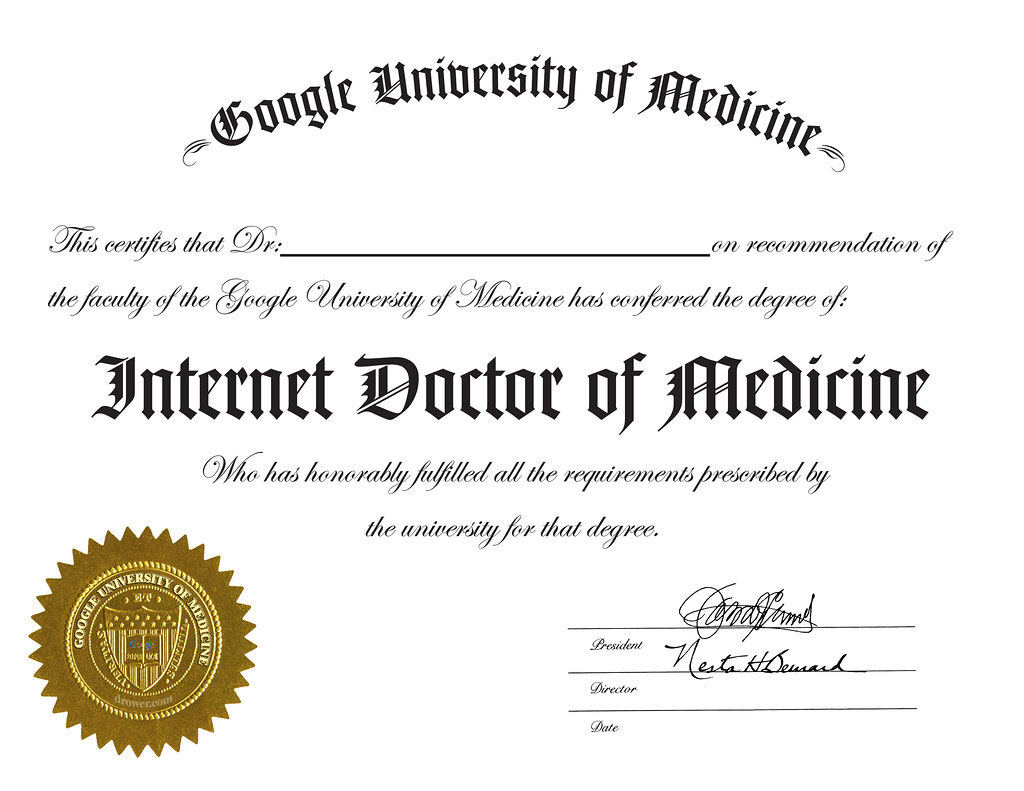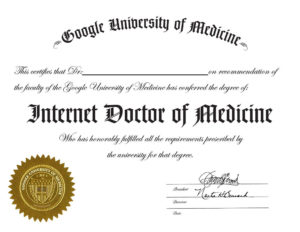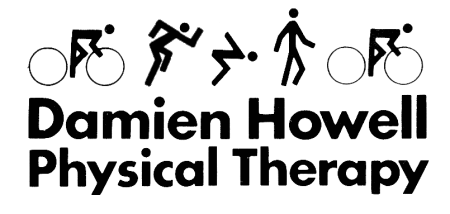What do you do when Dr. Google isn’t cutting it?

Searching for information online for personal health and medical issues has become commonplace. Estimates are more than 1/3 of persons in the U.S. use the internet for information on their symptoms. More than 60% of US adults have searched online for information during the past year according to the Pew Research Center.
There is a wealth of information available online for medical information, healthcare, and wellness. There are advantages of using our medical degree from Google University of Medicine for information and decision processes. However, there are times when it is appropriate to get a second opinion regarding Dr. Google’s advice.

Previous blog article “Second Opinion Physical Therapist” lists possible indications when a second opinion is wise.
Specific ideas related to deciding to seek a second opinion beyond Dr. Google are:
- Be aware of the possibility of “cyberchondria”. Cyberchondria is freaking out about what Dr. Google suggests. Cyberchondria refers to a person’s anxiety about their health and the medical issue’s the internet search stimulates. This is a situation where information from Dr. Google can be put in context by talking with or seeing a real health care provider.
- When the information found online is complex and interpretation by a human health care provider can be of benefit.
- Recognize internet search engine algorithms can contribute to confirmation biases. Confirmation bias is the tendency of individuals to seek evidence and information to verify what they what to hear instead of seeking evidence that might disprove what they want to hear. Search engine algorithms create situations where users increasingly are getting information that confirms their prior searches. When seeking Dr. Google’s advice seek information opposite of what you wish to hear. Using Dr. Google’s advice be open to other ideas. This goes for patients and healthcare providers as well. Keep a healthy level of skepticism. Take the information with a grain of salt.

- When information found online raises your level of skepticism. Healthy skepticism means thinking like a scientist. Not thinking ideologically. Pursuing knowledge information through systematic doubt, and critical thinking. A human healthcare provider can help resolve skepticism and ambiguity.

Mark Twain said, “Be careful about reading health books, you may die of a misprint”. If you have doubts consult with a real healthcare provider.
Most healthcare providers are available online via email patient portals. Most healthcare providers are accessible through direct email or thru encrypted secure patient portals.
As a patient with a chronic condition of rheumatoid arthritis, I have found using an email patient portal to communicate with my healthcare providers highly effective and efficient. Prior to my scheduled appointment, I will write a summary to share with my healthcare provider and include information about my:
- Current signs and symptoms, not my Dr. Google diagnosis
- Current medications
- Current functional limitations
- Expectations or goals
- Questions I wish to discuss.
This early communication provides assurances that my upcoming face-to-face or telehealth appointment will address my questions, confusion, and concerns.
As a healthcare provider, I appreciate when my patient communicates with me via email prior to their scheduled appointment with the above information. It facilitates my preparation. This process facilitates the agenda of the meeting is patient-centered.
When Dr. Google isn’t cutting it, proceed to healthcare patient portal.
The information on this website is not intended or implied to be a substitute for professional medical advice, diagnosis, or treatment. You are encouraged to perform additional research regarding any information contained available through this website with other sources and consult with your physician.
Damien Howell Physical Therapy – 804-647-9499 – Fax: 866-879-8591 At-Home, At Office, At Fitness Facility – I come to you, I do home visits Damien@damienhowellpt.com
